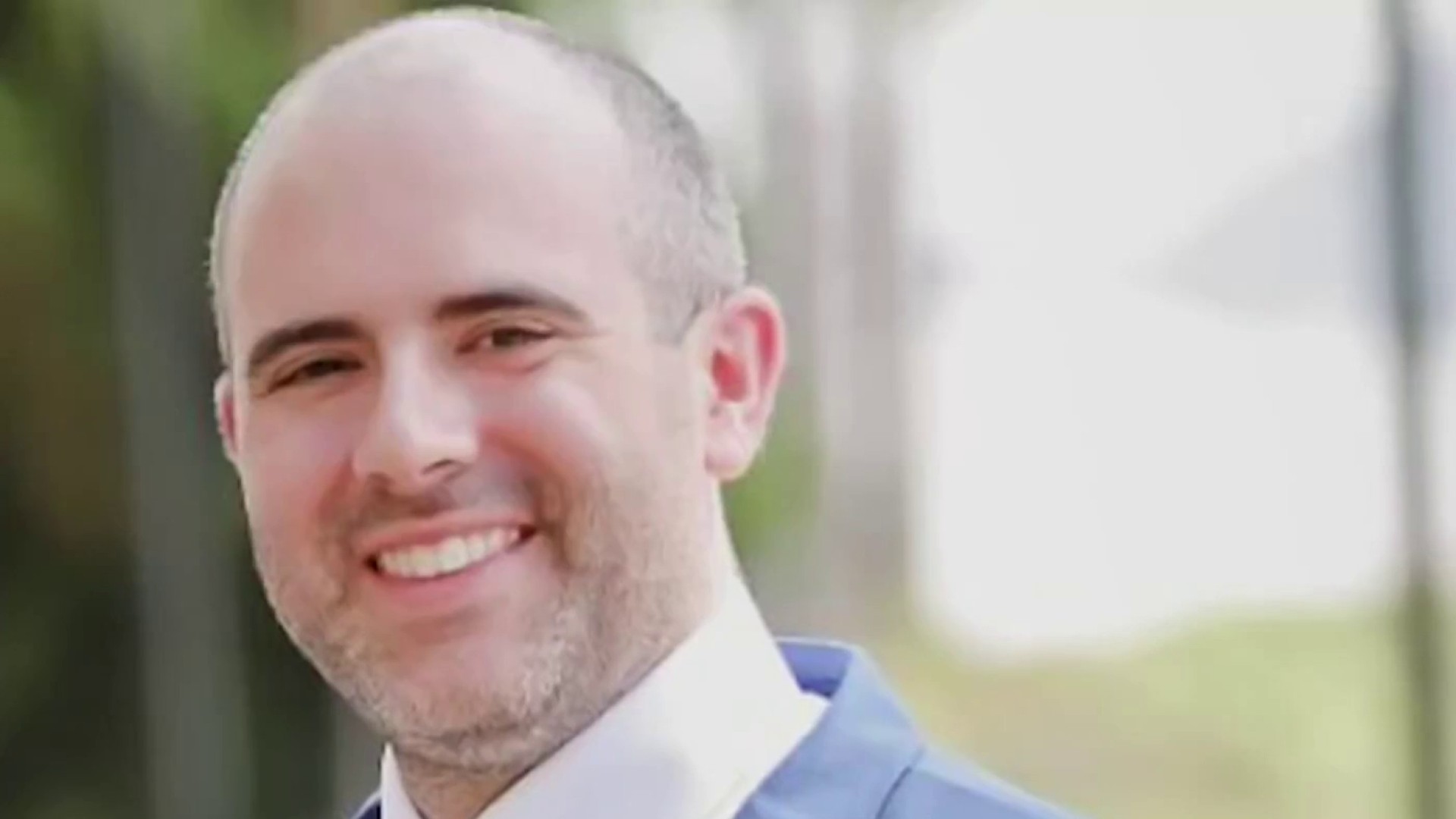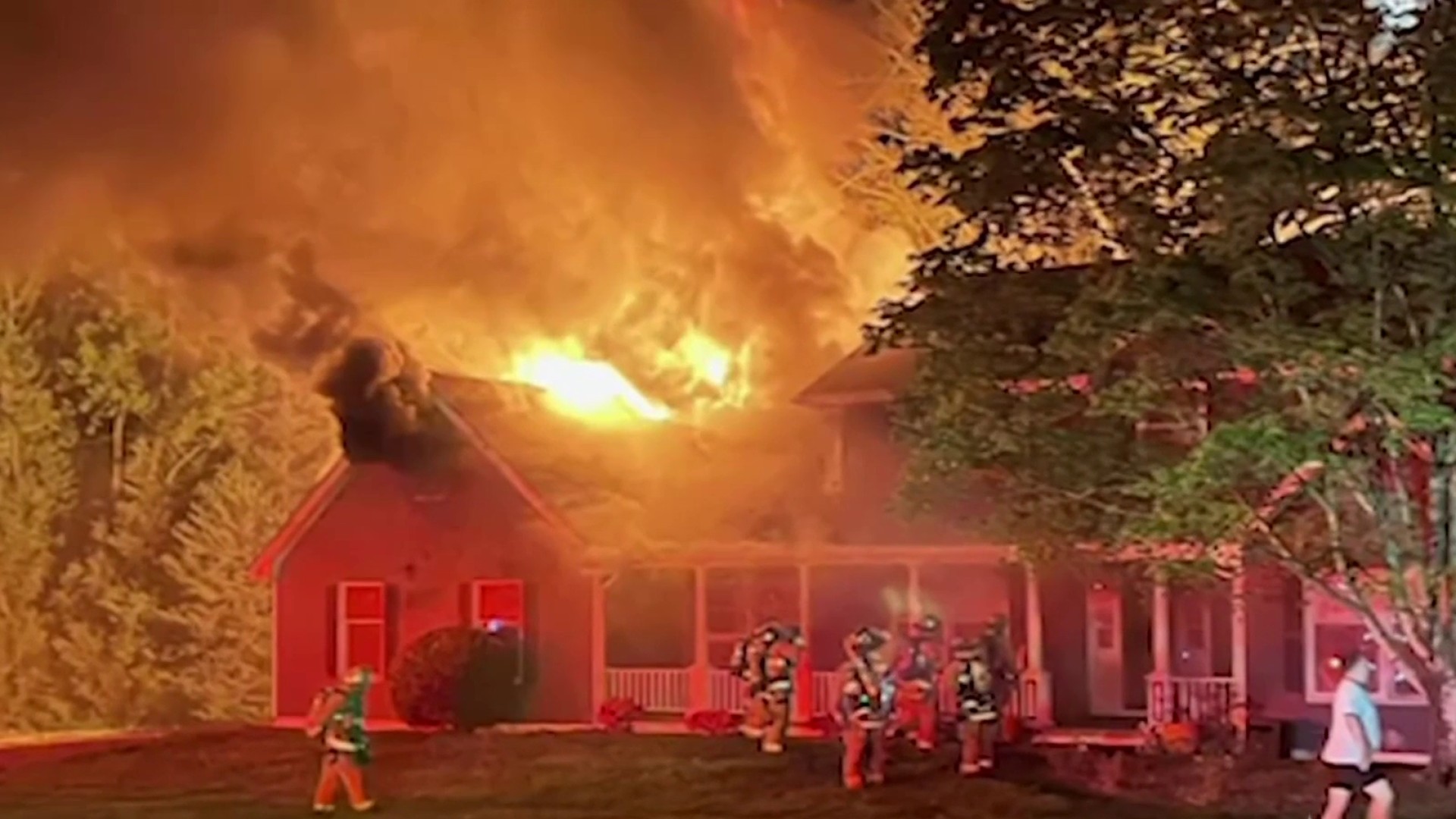Albert Snyder needed a SWAT team at his son’s funeral.
Marine Lance Cpl. Matthew Snyder was 20 years old when he was killed in Iraq on March 3, 2006. In addition to the SWAT team, funeral security included local, county and state police and a sheriff’s detail with several deputies, according to the elder Snyder’s attorney, Sean Summers.
Snyder was not a high-ranking public figure, a celebrity or a member of the witness protection program. He was a soccer-loving Westminster High School graduate who died on distant shores in service to his country.
So why all the security? Seven members of a Kansas-based church were picketing outside St. John’s Catholic Church in Westminster. Members of the fundamentalist Westboro Baptist Church in Kansas have staged protests at military funerals around the country to spread their belief that U.S. deaths in the Iraq war are punishment for the nation’s tolerance of homosexuality.
Local
Washington, D.C., Maryland and Virginia local news, events and information
The protestors often hold signs with sentiments such as “Thank God for dead soldiers,” and “America is doomed.” Some are more provocative. One sign at Matt Snyder’s funeral, held by protestors 30 feet from the church’s entrance, depicted two men having anal intercourse, Albert Snyder said.
The grieving father’s ordeal did not end with the funeral. Shortly afterward, he saw an Internet article entitled “The Burden of Matthew Snyder.” Albert Snyder said he opened it to find, “…the most disgusting thing a parent could read,” including the sentiment, “He’s going to Hell.”
“I thought, ‘I’m not going to let them keep doing this to military families.'”
A jury in Baltimore awarded Albert Snyder damages for emotional distress and invasion of privacy, but a federal appeals court threw out the multi-million dollar verdict. The 4th U.S. Circuit Court of Appeals said the signs contained, “imaginative and hyperbolic rhetoric” protected by the First Amendment.
Now the Supreme Court will weigh in. The court agreed Monday to consider whether Westboro’s message is protected speech, no matter how inflammatory or upsetting.
The first court ruled the protest went beyond First Amendment protections.
“It wasn’t free speech," Summers said. "This was seven people harassing a grieving family.”
The case will be argued in the fall.
Copyright AP - Associated Press



